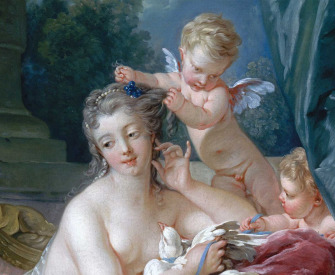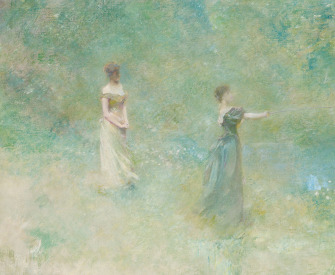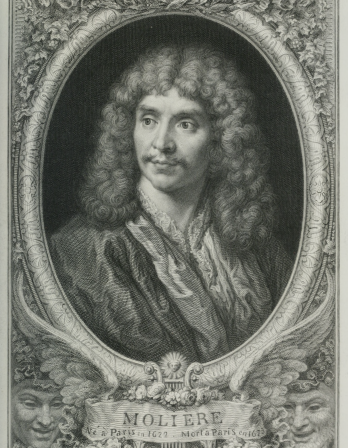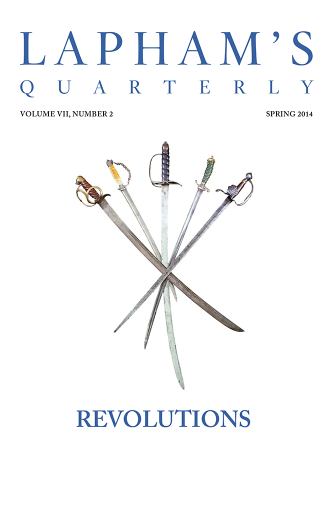Travel is like adultery: one is always tempted to be unfaithful to one’s own country. To have imagination is inevitably to be dissatisfied with where you live.
—Anatole Broyard, 1989The Corset Stays
Lady Mary Wortley Montagu visits a Turkish bath.
To the Lady,
I am now got into a new world where everything I see appears to me a change of scene, and I write to your ladyship with some content of mind, hoping at least that you will find the charm of novelty in my letters and no longer reproach me, that I tell you nothing extraordinary.
I won’t trouble you with a relation of our tedious journey, but I must not omit what I saw remarkable at Sophia, one of the most beautiful towns in the Turkish empire and famous for its hot baths that are resorted to both for diversion and health. I stopped here one day on purpose to see them. I went to the bagnio about ten o’clock. It was already full of women. It is built of stone, in the shape of a dome, with no windows but in the roof, which gives light enough. There were four fountains of cold water in this room, falling first into marble basins then running on the floor in little channels made for that purpose, which carried the streams into the next room—with the same sort of marble sofas, but so hot with steams of sulphur proceeding from the baths joining to it, it was impossible to stay there with one’s clothes on.
I was in my traveling habit, which is a riding dress, and certainly appeared very extraordinary to them. Yet there was not one of them that shewed the least surprise or impertinent curiosity, but received me with all the obliging civility possible. I know no European court where the ladies would have behaved themselves in so polite a manner to a stranger. I believe in the whole there were two hundred women, and yet none of those disdainful smiles or satiric whispers that never fail in our assemblies when anybody appears that is not dressed exactly in the fashion. They repeated over and over to me, “Uzelle, pék uzelle,” which is nothing but “Charming, very charming.” The first sofas were covered with cushions and rich carpets, on which sat the ladies; and on the second, their slaves behind them, but without any distinction of rank by their dress, all being in the state of nature—that is, in plain English, stark naked, without any beauty or defect concealed. Yet there was not the least wanton smile or immodest gesture amongst them. They walked and moved with the same majestic grace which Milton describes of our general mother. There were many amongst them as exactly proportioned as ever any goddess was drawn by the pencil of Guido or Titian.
I was here convinced of the truth of a reflection I had often made—that if it was the fashion to go naked, the face would be hardly observed. I perceived that the ladies with the finest skins and most delicate shapes had the greatest share of my admiration, though their faces were sometimes less beautiful than those of their companions. In short, it is the women’s coffee house, where all the news of the town is told, scandal invented, etc. They generally take this diversion once a week and stay there at least four or five hours, without getting cold by immediately coming out of the hot bath into the cold room, which was very surprising to me. The lady that seemed the most considerable among them entreated me to sit by her and would fain have undressed me for the bath. I excused myself with some difficulty. They being all so earnest in persuading me, I was at last forced to open my shirt and show them my stays, which satisfied them very well—for they believed I was so locked up in that machine, that it was not in my own power to open it, which contrivance they attributed to my husband. I was charmed with their civility and beauty and should have been very glad to pass more time with them.
Adieu, madam. I am sure I have now entertained you with an account of such a sight as you never saw in your life and what no book of travels could inform you of. ’Tis no less than death for a man to be found in one of these places.

Lady Mary Wortley Montagu
From Turkish Embassy Letters. Montagu spent two years in Turkey while her husband served as an ambassador. After returning to England, she published adaptations of works by Virgil and an attack on Jonathan Swift. Her fifty-two Turkish letters were published to wide acclaim in 1763, one year after her death.




